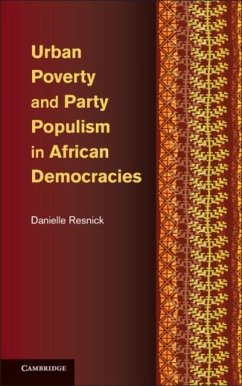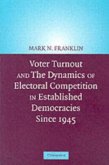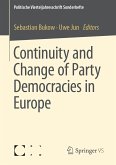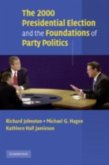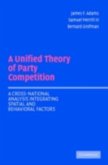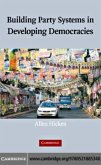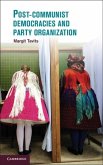When and why do the urban poor vote for opposition parties in Africa's electoral democracies? The strategies used by political parties to incorporate the urban poor into the political arena provide a key answer to this question. This book explores and defines the role of populism in Africa's urban centers and its political outcomes. In particular, it examines how a populist strategy offers greater differentiation from the multitude of African parties that are defined solely by their leader's personality, and greater policy congruence with those issues most relevant to the lives of the urban poor. These arguments are elaborated through a comparative analysis of Senegal and Zambia based on surveys with informal sector workers and interviews with slum dwellers and politicians. The book contributes significantly to scholarship on opposition parties and elections in Africa, party linkages, populism, and democratic consolidation.
Dieser Download kann aus rechtlichen Gründen nur mit Rechnungsadresse in A, B, BG, CY, CZ, D, DK, EW, E, FIN, F, GR, HR, H, IRL, I, LT, L, LR, M, NL, PL, P, R, S, SLO, SK ausgeliefert werden.

